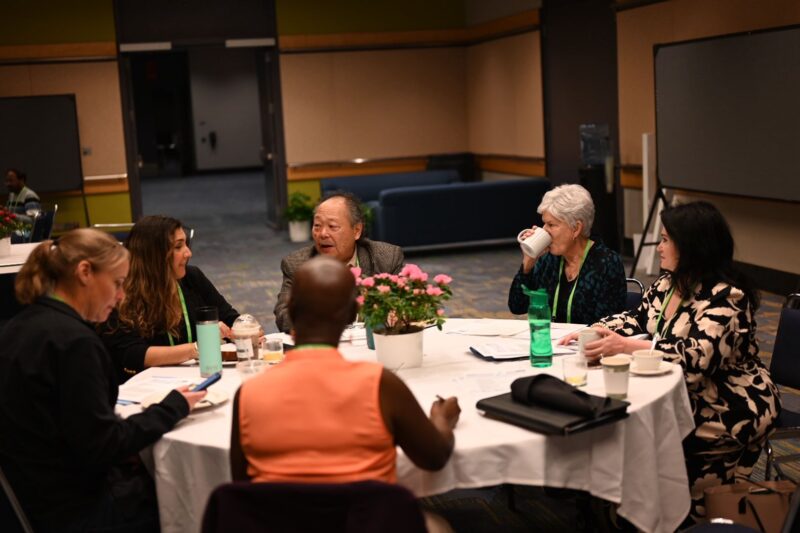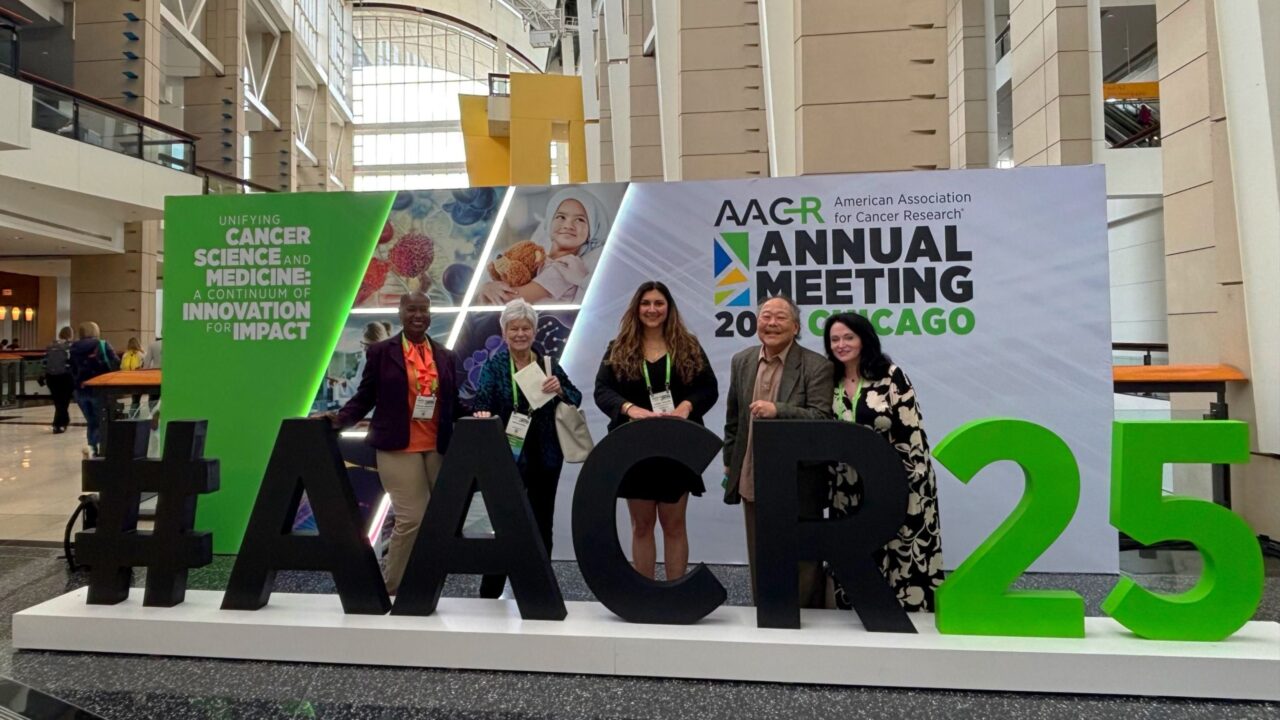Alique Topalian, Research Scientist of Survivorship and Supportive Services at University of Cincinnati Cancer Center, posted on LinkedIn:
“As part of the American Association for Cancer Research Scientist-to-Survivor Program we are grouped in to teams to solve challenge questions. Tonight was our final presentation and I am so thankful for the opportunity to work alongside the incredible advocates of Group 1 over the last week. Shout out to Terlisa Sheppard , Darrell Nakagawa , Lisa Craine, and Marsha Biven. Special thanks to our advocate mentor Bob Riter and scientific mentor Shannon Mumenthaler.
We know cancer is an extraordinarily complex disease and although we have spent decades focused almost exclusively on treating cancer, in recent years cancer research has increasingly focused on detecting cancer very early when it may be possible to stop its growth or prevent it altogether (cancer interception). There are a number of strategies for this new thinking (e.g. vaccines, minimum residual disease (MRD) burden and multiple cancer early detection assays (MCEDs, etc.). Of all these strategies, the MCEDs may be the most interesting as they represent approaches (often driven by Al). It’s early, but these new strategies offer what we all hope for – evidence-based cancer prevention.
We were charged with finding models and examples of MCEDs that showed promise in identifying specific cancers early. MRD is also a valuable tool now used in various ways in treating cancer we identified areas where MRD is making a difference for cancer patients through early detection of recurrence, personalized treatment and improved outcomes.
We are on the precipice of some of the most innovative technologies that can change the lives of patients forever.”
This post by Alique Topalian highlights her participation in AACR’s Scientist-to-Survivor Program, where her team tackled challenge questions related to cancer interception. The group explored the promise of multi-cancer early detection (MCED) technologies and minimal residual disease (MRD) monitoring, emphasizing their potential to revolutionize early cancer detection, personalize treatment, and improve patient outcomes.



